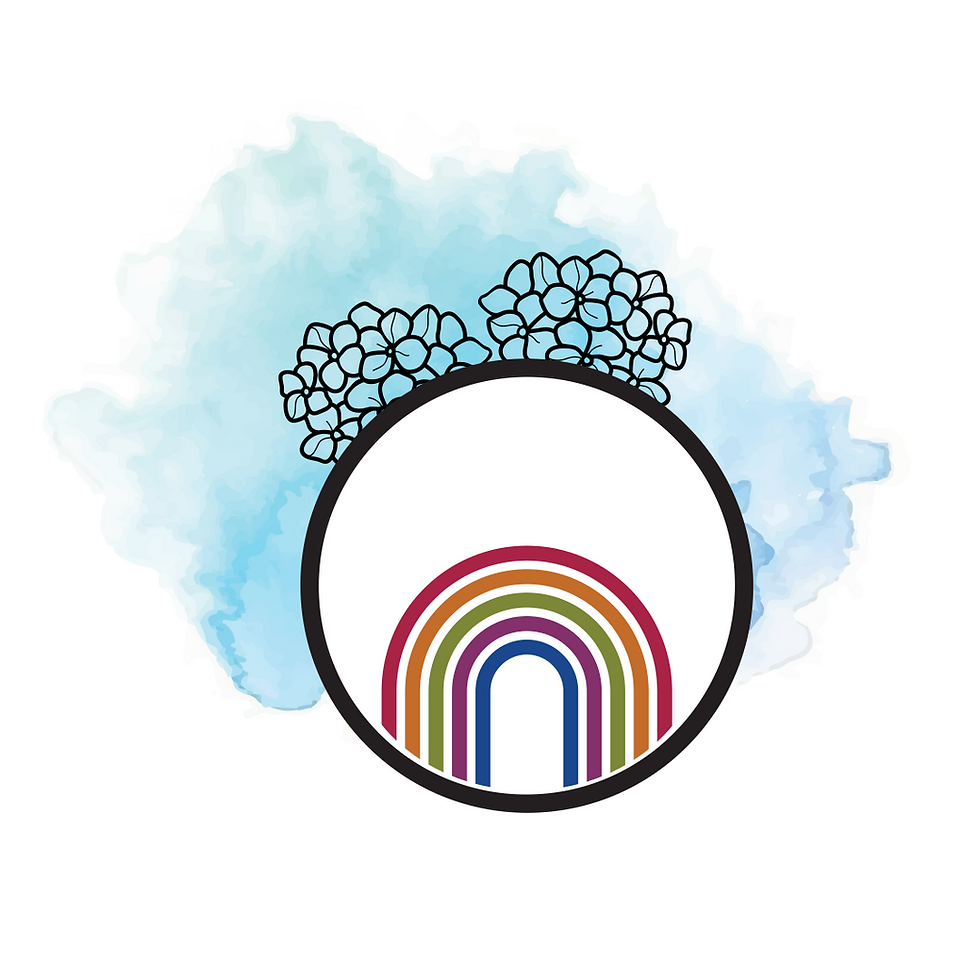Comprehensive formal and standardised psychometric assessments tailored for both young and mature individuals. These assessments dive deep into cognitive, emotional, and educational realms, pinpointing areas of strength and challenge, and guiding personalised interventions for optimal growth and success.
Clinical & Educational Assessments

Assessments Offered
Executive Functioning
Executive function encompasses cognitive processes aiding in planning, monitoring, and goal execution. This includes attentional control, working memory, inhibition, and problem-solving. Often linked to the brain's prefrontal cortex, these skills are vital for success.
Developmental Delays
Developmental milestone assessments are tools used to track and monitor a child's progress in various areas of development as they grow and mature. These assessments serve several important purposes such as:
-
Early Identification of Developmental Delays
-
Individualized Support
-
Tracking Progress
-
Parental Education
-
Early Intervention Services
Social/Emotional challenges
Social-emotional assessments are tools used to evaluate and measure a person's social and emotional development, functioning, and well-being. These assessments serve several important purposes in various contexts, including education, clinical practice, and research.
Autism Spectrum Disorder
Autism spectrum disorders involve social, communication, and behavioral challenges ranging from mild to severe. Diagnosis is based on support needs, emphasizing the importance of early detection for timely treatment.
Dyslexia
Dyslexia is a reading-focused learning disability. Those affected may read slowly, make errors, struggle with comprehension, spelling, and writing. Yet, these challenges don't reflect their intelligence.
ADHD (Specialisation Area)
An ADHD diagnosis provides clarity, enabling tailored treatments and support. It facilitates access to medication, therapy, and educational accommodations. Diagnosis reduces stigma, promotes self-awareness, and empowers individuals to manage their symptoms effectively, improving their daily functioning and overall quality of life.
The Assessment Process

Get in Touch
I'm here to answer any questions that you may have

Step One: Intake Session
A psychological intake assessment session entails a thorough evaluation of an individual's mental health. It involves a detailed discussion of personal history, current issues, and symptoms. Typically, assessments include questionnaires and interviews to gather essential information about the client's emotional and psychological well-being.

Step Two: Assessment Administration
A psychometric assessment session comprises the administration of standardised tests to measure specific psychological traits, abilities, or conditions. It involves structured assessments, often with predefined questions or tasks, to gather quantifiable data. These assessments vary depending on the age of the individual being assessed as well as the type of assessment being administered.

Step Three: Data Collection, Report Compilation & Diagnosis
I invest significant non-face-to-face time analysing data, scoring tests, reviewing files, and identifying patterns. This helps craft a narrative of the individuals strengths and areas that need further support or development. Creating these reports is a blend of science and art that give me clarity and perspective when it comes to making the most accurate diagnosis and intervention plan.

Step Four: Debrief Session & Intervention Plan Discussion
The debrief session involves discussing the results with the individual. I will interpret the data, explain findings and provide insight into the individual's diagnosis. The debrief session aims to enhance self-awareness, facilitate treatment planning, and address any questions or concerns.
_tiff.png)
.png)